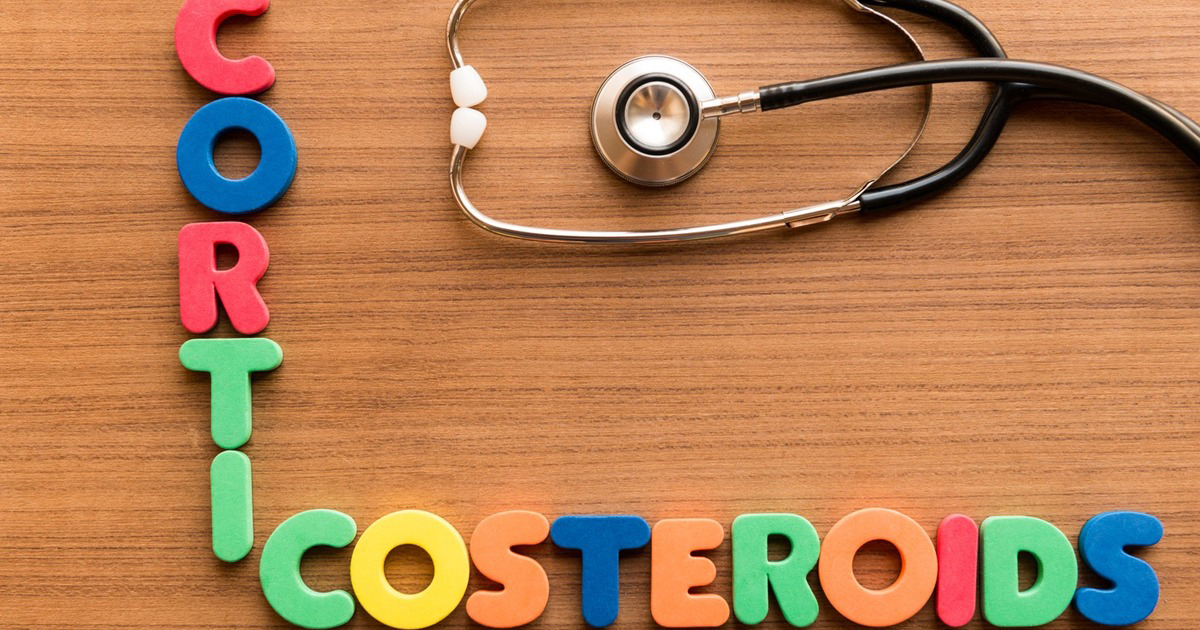How To Treat Churg-Strauss Syndrome
Churg-Strauss syndrome is a rare disorder that causes inflammation of the blood vessels resulting in organ and tissue damage due to the restriction of oxygen nutrient blood flow. The most common symptom of Churg-Strauss syndrome is asthma along with hay fever, bleeding of the gastrointestinal tract, and numbness and pain in the extremities. There currently is no specific diagnostic test to determine whether a person has the disorder and because symptoms are so similar to other illnesses, diagnosing Churg-Strauss can be difficult. While there is no cure for the disorder, there are several treatment methods to help patients manage symptoms.
Immunosuppressants

Patients with more severe symptoms of Churg-Strauss syndrome may find relief using immunosuppressive medications. Cyclophosphamide, azathioprine, and methotrexate are examples of the most common immunosuppressive medications on the market used to treat the disorder. Immunosuppressants are typically less toxic to the body and can help reduce the steroids a patient may have to take, thereby limiting the side effects that can come with long-term steroid use. Immunosuppressants weaken the body's natural ability to fight infection. Because of this, those undergoing immunosuppressant treatment for Churg-Strauss will need to be closely monitored by their physician and healthcare team.
Keep reading now for more on treating Churg-Strauss syndrome effectively.
Corticosteroids

Corticosteroids are often used to treat Churg-Strauss syndrome. They are typically used alone if the patient is experiencing mild symptoms, or in conjunction with other medications or treatment methods. Of the many corticosteroids on the market, prednisone is the one most commonly recommended treatments for Churg-Strauss syndrome. When a patient is experiencing symptoms, a doctor may suggest an elevated dose to help a patient get their symptoms under control and then slowly decrease the dose once they are manageable. Continuous use of high dosage intake of these medications is not advised, as high doses and extended use, even at low doses, can have serious side effects on the body, such as bone loss, high blood sugar, weight gain, resistant infections, and cataracts.
Get to know the next treatment method for this condition now.
Immune Globulin

Immune globulin is created from donated plasma that is screened and purified to be transplanted into patients. Individuals with Churg-Strauss syndrome are treated with this type of replacement therapy by receiving a monthly infusion. This treatment is typically offered to patients who haven't responded or experienced good results with other treatments. As with most treatments, there are potential side effects of utilizing this type of replacement therapy, the most common of which are flu-like symptoms. Another important consideration is the fact immune globulin therapy is highly expensive and doesn't work for everyone who uses it. Therefore, this type of replacement therapy is rarely offered as a first choice for patients living with Churg-Strauss syndrome.
Keep reading to learn more about what can be done to treat Churg-Strauss syndrome now.
Healthy Diet And Exercise

Healthy diet and exercise can also help Churg-Strauss syndrome patients find relief from their symptoms. Weight gain, for example, is common with steroid treatment, and exercise can help individuals with Churg-Strauss lose not only some of the weight gained due to steroid use but also maintain a healthy weight. Strength training exercises such as push ups, dumbbell rolls, and weight squats are highly encouraged as well as activities that improve cardio function such as walking, swimming, and jogging. It is also vital to follow a healthy diet as steroid use can cause a spike in blood sugar, which may lead to Type 2 diabetes. To reduce the risk, patients with Churg-Strauss syndrome should make sure to consume the daily recommendation of fruits, vegetables, and whole grains, such as barley, brown rice, buckwheat, oatmeal, and popcorn, to minimize the impact of steroid use and keep blood sugar stable.
Continue reading to learn more about treating this condition.
Bone Protection

Churg-Strauss syndrome can cause skeletal damage due to the constriction of oxygen to the blood vessels, which can cause bones to become brittle and lead to an increased risk of fractures. Churg-Strauss syndrome patients must be mindful of this increased risk. Physicians may suggest vitamin D supplements and calcium as well as encourage patients to increase their consumption of foods rich in the vitamins mentioned above for optimal bone protection. Individuals with Churg-Strauss syndrome who wish to increase their consumption of vitamin D through food will find tuna, salmon cheese, and egg yolks are great sources, while beans and lentils, leafy green vegetables, whey protein, and yogurt are all excellent sources of calcium.